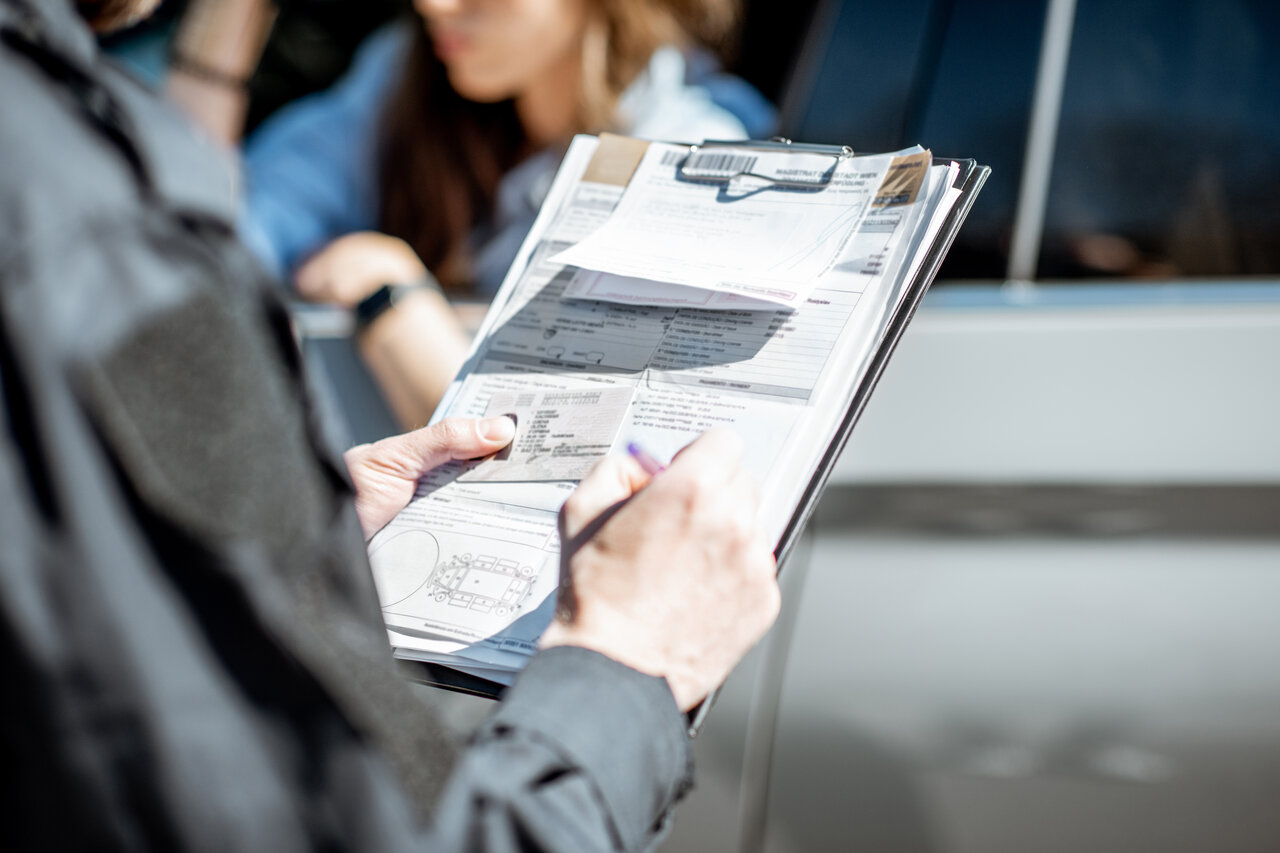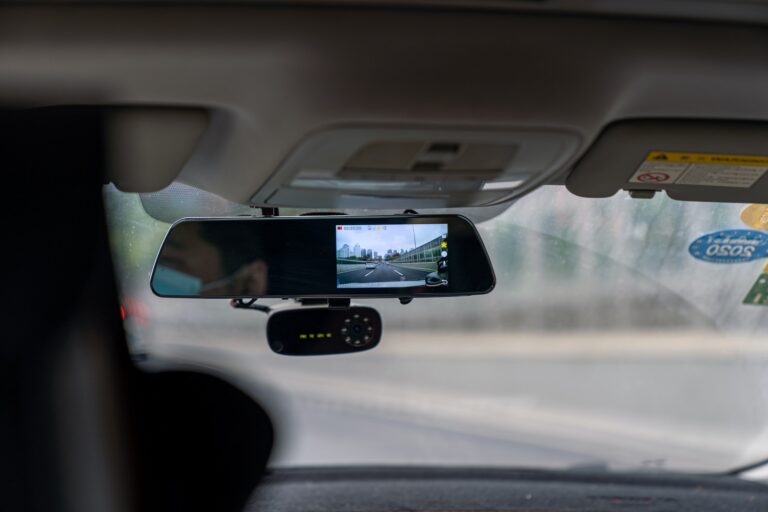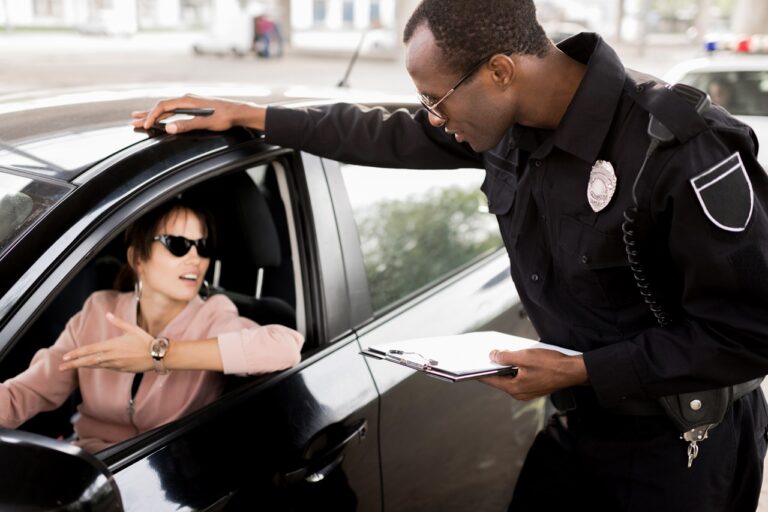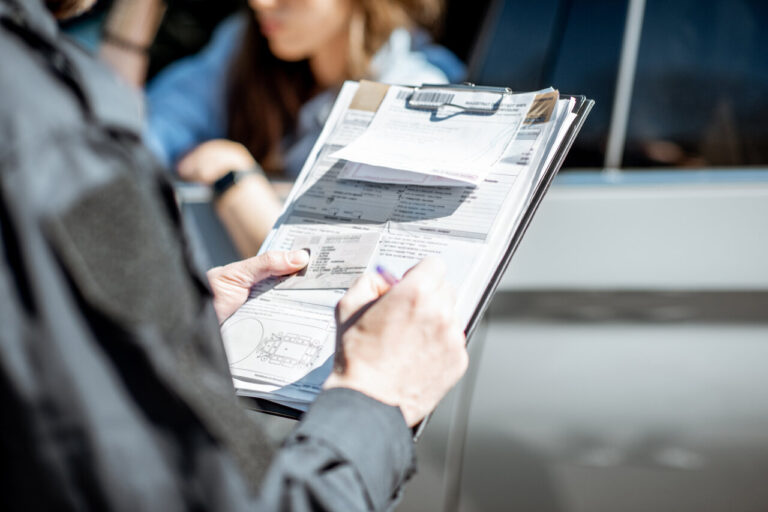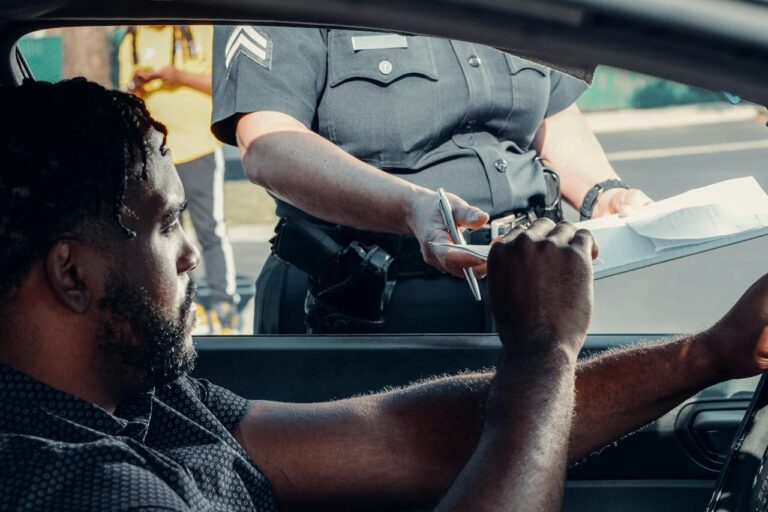Debunking California Traffic Ticket Myths: Uncovering the Truth
Traffic tickets are an unfortunate yet often inevitable part of driving on California roads. Due to their prevalence and the potentially significant penalties they impose, many myths and misconceptions have developed over time. These can lead to confusion and misguided decisions regarding how to navigate the complex legal landscape of traffic citations. In this informative listicle, we aim to debunk common myths surrounding California traffic tickets, from alleged loopholes to misunderstandings about the consequences of not contesting a citation. By providing accurate information and showcasing Mr. Ticket’s expertise in traffic violation defense, our goal is to help you avoid falling prey to these misconceptions and make informed decisions regarding your traffic citations. Discover the truth about California traffic tickets to protect your driving record and avoid unwarranted penalties.
Myth 1: A Small Mistake on the Citation Invalidates It
A popular misconception is that a minor error made by the citing officer, such as writing down an incorrect car color or misspelling a name, will result in the traffic ticket being dismissed. Although erroneous information could potentially be a reason for dismissal, most courts overlook small mistakes and focus on the actual violation when determining guilt. Inaccuracies would need to be significant, such as incorrect vehicle identification or a faulty description of the alleged incident, to have a substantial impact on the case.
Myth 2: Traffic Tickets Won’t Affect Insurance Rates if You Pay Them
Many people believe that the repercussions of a traffic ticket end once the fine is paid. In reality, paying the fine is the same as pleading guilty, which can lead to points on your driving record and potentially higher insurance premiums. The exact impact on your insurance rates depends on the type of violation, your insurer’s policies, and your driving history. To minimize the chance of increased insurance costs, it is vital to contest traffic citations with the assistance of knowledgeable professionals like those at Mr. Ticket.
Myth 3: Out-of-State Traffic Tickets Don’t Follow You Home
Some drivers assume that receiving a traffic ticket while driving in another state will have no bearing on their driving record back home. However, 45 states, including California, have agreed to a cooperative agreement called the Driver License Compact (DLC), which enables the sharing of information about traffic violations. As a result, traffic tickets received out-of-state can have the same consequences on your driving record and insurance rates as those issued within California. To protect your driving record, it is essential to contest out-of-state violations just as you would those received within California.
Myth 4: Radar Guns Are Always Accurate
Though radar guns are an essential tool for law enforcement officers to assess vehicle speed, they are not infallible. Several factors can affect the radar gun’s accuracy, including improper calibration, radio frequency interference, or operator error. Challenging the accuracy of a radar gun’s reading as part of your traffic citation defense could potentially lead to a dismissal of your speeding ticket. An experienced attorney like those from Mr. Ticket can evaluate your case and determine the likelihood of successfully contesting a radar gun reading.
Myth 5: You Won’t Get a Ticket if You’re Driving With the Flow of Traffic
There is a widespread belief that as long as drivers do not exceed the speed of surrounding traffic, they will not be ticketed for speeding. However, this misconception can lead to serious consequences. Law enforcement officers can use their discretion to issue speeding tickets to anyone exceeding the posted speed limit, regardless of whether they are driving with the flow of traffic. To avoid a costly citation, it is crucial to adhere to speed limits and drive safely on California roads.
Myth 6: Red Cars Get More Traffic Tickets
A common myth is that red cars are more likely to receive traffic tickets due to their eye-catching hue. However, there is no solid evidence to support this claim. A more likely explanation for heightened ticketing is the make, model, and driving behavior of the vehicle, rather than its color. Drivers of sports cars, for example, may exhibit a more aggressive driving style, attracting more attention from law enforcement. To avoid traffic citations, practice safe and responsible driving, regardless of your car’s color.
Myth 7: You Can’t Fight a Traffic Ticket If You’ve Already Paid It
Drivers who have paid their traffic ticket fines may believe that they have forfeited their right to contest the citation. However, in some cases, California law allows traffic violators to request a trial for a paid traffic ticket within 20 days after the initial payment. If successful in their trial, they may be refunded the fine and the traffic citation may be dismissed. If you have already paid your traffic ticket, consult an experienced traffic violation attorney like those from Mr. Ticket to assess your options for fighting the citation.
Experience Winning Traffic Violation Defense with Mr. Ticket
Now that we’ve debunked some of the most common California traffic ticket myths, it’s essential to navigate the traffic citation landscape with accurate information and experienced legal counsel. The traffic violation attorneys at Mr. Ticket possess a deep understanding of the laws surrounding traffic citations and can effectively help you contest your ticket. Trust our traffic attorneys to provide you with well-informed guidance and support to minimize the financial and legal consequences of any traffic violation. Don’t let traffic citation myths jeopardize your driving record or wallet. Contact Mr. Ticket today to discuss how we can help you successfully fight traffic tickets and protect your rights as a California driver.


